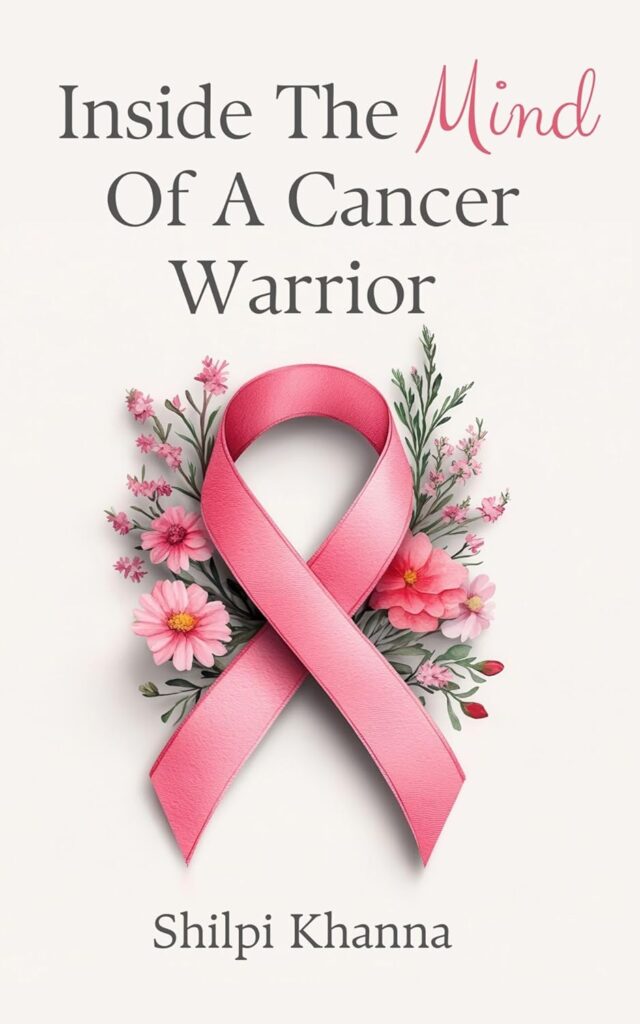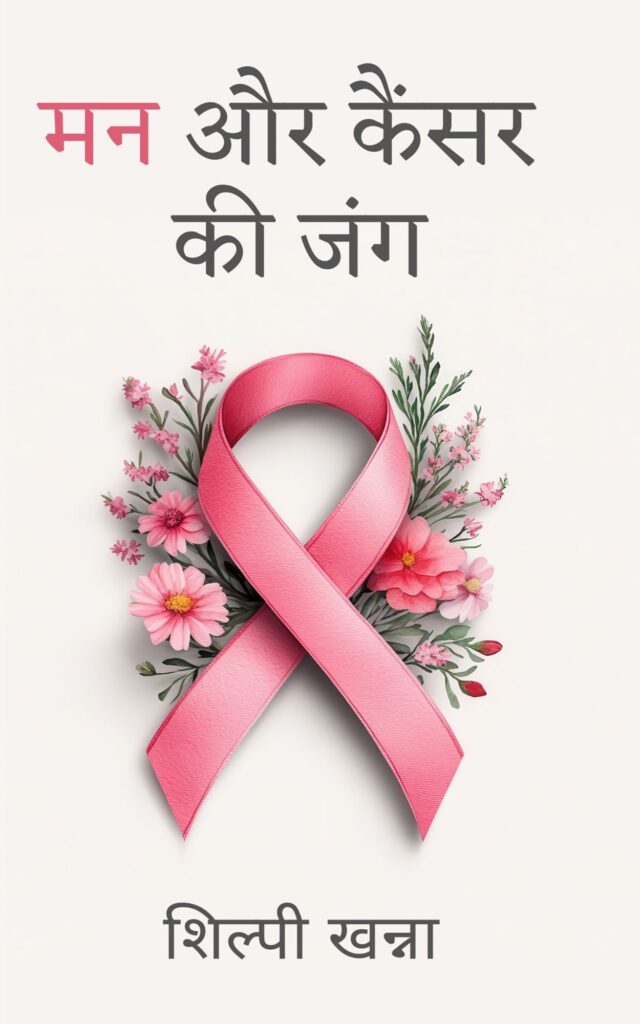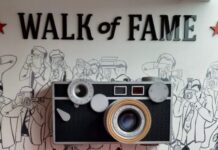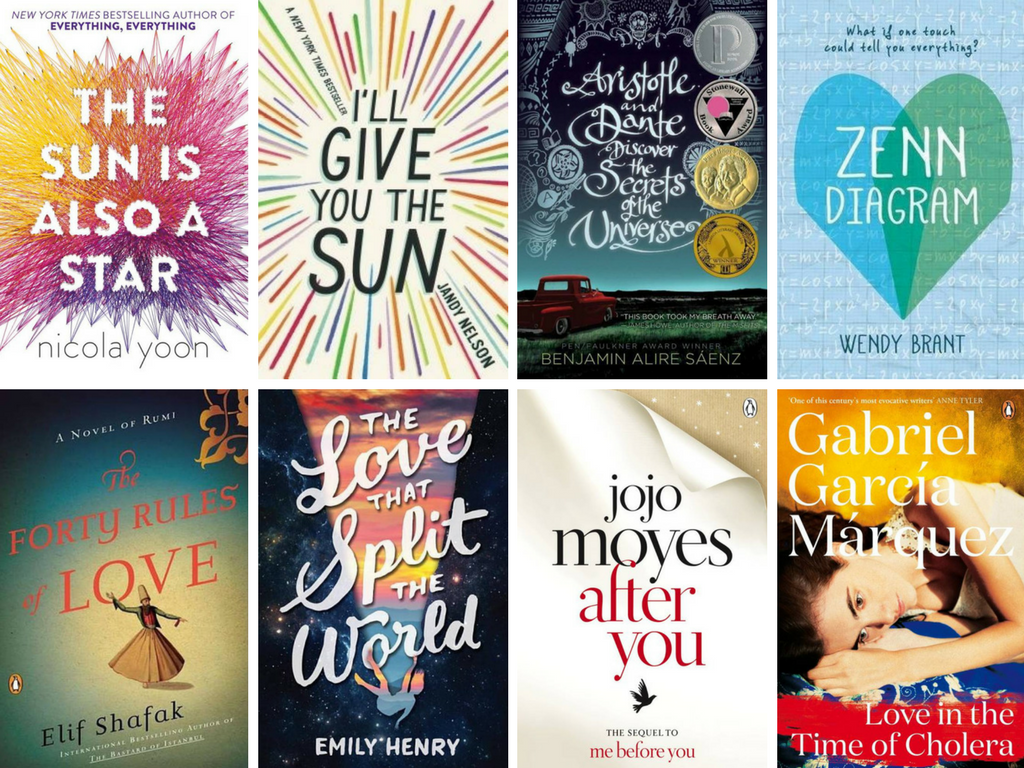In the face of life’s most difficult challenges, some people find the courage to turn their pain into purpose. Shilpi Khanna, a seasoned Corporate Trainer and now author, is one such individual. Her heartfelt book Inside the Mind of a Cancer Warrior chronicles her personal journey through breast cancer, offering not just a glimpse into the physical battles, but also the emotional rollercoaster that accompanies the disease. In this candid interview, Shilpi opens up about the fears, lessons, and strength that shaped her path, and what inspired her to share it with the world.
Here’s our heartfelt conversation with Shilpi Khanna –
“Hi Shilpi, first of all, I want to congratulate you not just for bravely fighting this difficult battle with cancer, but also for finding the strength to share your journey with the world through your book. It takes immense courage to open up about one’s lowest moments, and I’m certain your story will bring hope, comfort, and strength to many others walking a similar path.”
1. What, in particular, made you pick up the pen and share your journey with the people? What motivated you to write this book?
“Hi, thank you for your kind words, this journey has been one of the toughest chapters of my life, but I believe that sharing our stories is important. When I was diagnosed with breast cancer, I was filled with fear and confusion. I didn’t know what to expect, and I couldn’t think straight. I wanted to talk to someone who was going through the same thing, so I started looking for support groups. But to my surprise, I couldn’t find any groups in India that were just for breast cancer patients. There were some general cancer groups, but nothing that truly spoke to what I was going through.
So, I joined an international group online. That’s where I realised I wasn’t alone. Many women felt just like I did: scared, lost, and unsure. I also learned a lot about the disease from a patient’s perspective.
That’s when I decided to write. I wanted to share my journey so that other women who are newly diagnosed can understand that what they’re feeling is completely normal. This book is not just about the medical side of cancer; it’s about the emotional journey. I hope my story brings comfort, hope, and strength to anyone going through a similar path.”
“Wow, it is truly sad that even in 2025, we still have to hustle for resources to help with patient’s mental well being in India. Hopefully many of them can get the necessary help by reading your book.”
2. Your career has been dedicated to empowering professionals. How did your experience and understanding of the human psyche help coping with your diagnosis?
“For the past two decades, I’ve worked as a Corporate Trainer, helping professionals grow not just in their careers, but also as individuals. Over the years, I’ve learnt that training is not just about teaching skills, it’s about understanding people, their emotions, their fears, and what drives them. As trainers, we listen deeply, learn to be patient, and most importantly, to be empathetic.
When I was diagnosed with breast cancer, all of this I realized was now something I had to apply to myself. I had to sit with my own fears, acknowledge them, and slowly learn how to manage them. I began to observe my thoughts the way I would observe someone else’s in a training session. I reminded myself that it’s okay to feel scared, it’s okay to break down, and it’s okay to take things one day at a time.
Understanding the human psyche gave me the strength to treat myself with compassion. I didn’t try to ‘stay strong’ all the time, I just tried to stay honest with myself. That made all the difference. And now, through my book, I hope to offer the same kind of understanding and support to others who might be walking a similar path.”
“That is so beautiful”
3. How did you incorporate your learnings in your own mental and emotional well-being during your treatment?
“Coaching or counselling someone else is one thing, but when it comes to ourselves, it’s a completely different challenge. During my cancer treatment, I realized that even with all my training and understanding of the mind, I couldn’t think clearly when I was in a state of panic. The fear took over, and all logic seemed to disappear.
At that time, what I truly needed was emotional support. Not advice or solutions. Just someone who could understand what I was feeling. I found that support in other women who were on the same journey. Talking to them helped me feel less alone, and slowly, my mind began to settle.
It was only after that initial fear passed that I could start applying my own learnings. I began to observe my emotions instead of fighting them. I gave myself permission to feel everything: sadness, anger, fear. That’s when the real healing began. Emotional well-being doesn’t come from being strong all the time; it comes from being kind to yourself when you need it the most.”
“Well said, its not about being strong all the time, it’s about being kind to yourself.”
4. I heard that you are a reader yourself. So as an avid reader, was there any particular book that you kept going back to during such challenging times? Was there any particular genre that offered you comfort or solace?
“I’ve been an avid reader for as long as I can remember. Growing up, books were my escape, my little window into different worlds where anything was possible. During my cancer treatment, reading became more than just a hobby; it became a form of emotional survival.
Fantasy fiction has always been my favourite. There’s something incredibly comforting about diving into a world that has nothing to do with real-life problems. I also enjoy a good mystery, something that keeps my mind engaged and focused on piecing together clues, rather than worrying about my own reality.
During my treatment, the books I kept going back to were Fourth Wing and Iron Flame from the Empyrean series by Rebecca Yarros, as well as the Alex Cross series by James Patterson. These stories gave me a much-needed break from hospital visits, scans, and the emotional weight of cancer. They helped me breathe when the real world felt too heavy.
Some might call it escapism, I call it my safe space. A place where my mind can rest, wander, and recover. After reading, I often find that my thoughts are clearer, my emotions calmer, and I am better able to face whatever comes next. Sometimes, healing isn’t just about medicine; it’s also about finding small pockets of peace. For me, books were that peace.”
“Even if it is an escape, sometime people need that escape route to take a pause, right. Thanks for sharing such good book recommendations.”
5. Does your aim for your readers is to feel “heard, understood, and supported” come from a place of empathy or observation during your treatment?
“During my many hospital visits, for doctor’s appointments, chemotherapy, and later, radiation, I had the chance to meet some truly incredible women. Each one was fighting her own battle in her own way. But there was one thing most of them said again and again: “No one really understands what this feels like.” I felt the same way.
Unless you’ve been through cancer yourself, it’s very hard to explain the emotional rollercoaster that comes with it. It’s not just about the treatment, it’s about the fear, the helplessness, the exhaustion, and sometimes, even the guilt of not being able to “stay strong” all the time.
Some of the women I met had loving families and strong support systems. Others were facing it almost alone. I consider myself very fortunate. My family stood by me every single day, supporting me both mentally and physically. But even with that support, there were moments I felt lost and misunderstood.
That’s where this book comes from, a place of shared emotion, not just observation. I wanted to reach out to every woman who has ever felt unseen in her struggle. To tell her: You are not alone. Your feelings are valid. Being angry, sad, jealous, or cranky does not make you a bad person. It makes you human.
This book is my way of holding their hand through the pages, of saying, “I see you. I understand. And I’m with you.”
“True, sometimes just a little reassurance can also do miracle.”

6. What was the most challenging aspect of writing this book?
“I wrote this book while I was still going through chemotherapy. Writing became a kind of therapy for me. Something that gave me purpose and helped me process everything I was feeling. I set small writing goals for myself, but sticking to them wasn’t always easy. The way the body reacts to treatment is so unpredictable. Some days, I had the energy and focus to write. Other days, even getting out of bed felt like a big task. On the days I couldn’t write, I felt disappointed because writing had become my safe space.
The other challenge was emotional. Writing meant I had to revisit some of the most painful moments of my journey: finding the lump, hearing the diagnosis, going through surgery, and facing the fear of the unknown. Reliving all of that wasn’t easy.
But at the same time, it was healing. Putting those thoughts and emotions on paper helped me release them. Writing this book was one of the most difficult things I’ve done, but it was also one of the most cathartic. It gave me a sense of peace, and I hope it brings the same comfort to those who read it.”
” Well congratulations! You have a done a great job. Even with all the hardships.”

7. If there was one piece of advice you would give people suffering from cancer, what would it be?
“If there’s one thing I would tell someone who’s been diagnosed with cancer, it’s this: find something that gives you joy. Something that makes you feel like you again.
For me, it was writing this book. It became more than just a project. It became my purpose. On the hardest days, when the treatment was taking a toll on my body and mind, writing gave me something to hold on to. It helped me focus on something positive instead of the fear and helplessness that often crept in.
Your passion could be anything. Paint, sketch, write, garden, sing, cook (if the smells don’t bother you), whatever makes your heart feel a little lighter. It doesn’t have to be perfect, and it doesn’t have to be big. It just needs to make you feel a little more like yourself.
Cancer takes a lot from you, but having something to look forward to, even for a few minutes a day, can bring back a sense of control, peace, and even joy.”
“True. A hobby or passion or any distraction, which allows you to breathe.”
8. Why do you think there is a gap in society’s acknowledgement of the emotional and mental challenges of cancer patients? Was there any incident that made you point that out in your book?
“One of the things I realized during my own cancer journey is that most people struggle to handle the emotions of others. It’s not because they don’t care, it’s because they feel helpless. They don’t always know what to say or how to make things better. That’s why, when we cry, we’re often told to “be strong” or “stop crying.” It comes from a good place, but it also sends the message that showing emotion is somehow wrong.
When someone is diagnosed with cancer, the emotional impact is often the most difficult part, sometimes even more than the physical treatment. There’s fear, confusion, anger, and a deep sense of uncertainty. Most of us don’t know what to expect, and it can feel like we’re on a never-ending roller coaster.
Unfortunately, unless someone has personally experienced cancer, they often cannot fully grasp what it feels like to face it, not just physically, but mentally and emotionally. This gap in understanding is what I’ve tried to highlight in my book. I wanted to give voice to the feelings we’re often expected to hide. Because the truth is, we don’t always need advice or motivation, we just need someone to listen and say, “I understand.”
“Yeah, people often don’t know how to react to someone else’s emotions. Maybe if they read your book, they can figure out a way to cope.”
9. While writing this book, did you take a firm approach or treat it as a sensitive subject?
“I hope so too, that it helps not just the survivor but there loved once as well. And yes, I definitely treated it as a sensitive subject because it is a sensitive subject. Cancer is not just a medical condition; it’s an emotional journey, and no two people experience it the same way.
Every person going through cancer has their own story, their own fears, and their own way of coping. I was very mindful of that while writing this book. I didn’t want to generalize anyone’s experience or speak as if there’s only one “right” way to feel or heal.
Instead, I chose to share my story with honesty and vulnerability, hoping that it would resonate with others while still respecting their own unique paths. My aim was never to preach or advise but to connect, comfort, and offer a sense of understanding.”
“That is amazing.”
10. Are you committed to writing about your personal experiences in the future or will you be exploring other genres/themes as well?
“At the moment, I’m deeply involved in completing the second part of this journey. The current book ends at chemotherapy, but as anyone who’s been through cancer knows, the story doesn’t stop there. The next book will explore the radiation phase and, more importantly, what life looks like after cancer, physically, emotionally, and mentally. It’s nearing completion, and I hope it brings comfort and connection to those walking a similar path.
At the same time, I’m also exploring a completely different genre that’s very close to my heart, fantasy fiction for teens. As an avid reader myself, books were my escape growing up. I want to pass that magic on to the younger generation. Stories that spark imagination, courage, and curiosity.
So yes, while I remain committed to sharing real, lived experiences that can support and uplift others, I’m also excited to step into new worlds and genres. Writing, for me, is not just about healing; it’s also about creating, dreaming, and inspiring.”
“Fantasy, I am already excited for this next one. Thank you, Shilpi, for sharing your journey with such honesty and heart. Your words serve as a powerful reminder that even in life’s darkest moments, hope, courage, and compassion can light the way. We wish you strength, joy, and success as you continue to inspire others, both through your writing and your unwavering spirit.”
The book is now available online of Amazon in both English and Hindi Language.
If you are fighting a dark time, or know someone who can get a help from this book. Check it out today.
Follow Shilpi’s Journey of Instagram.



























